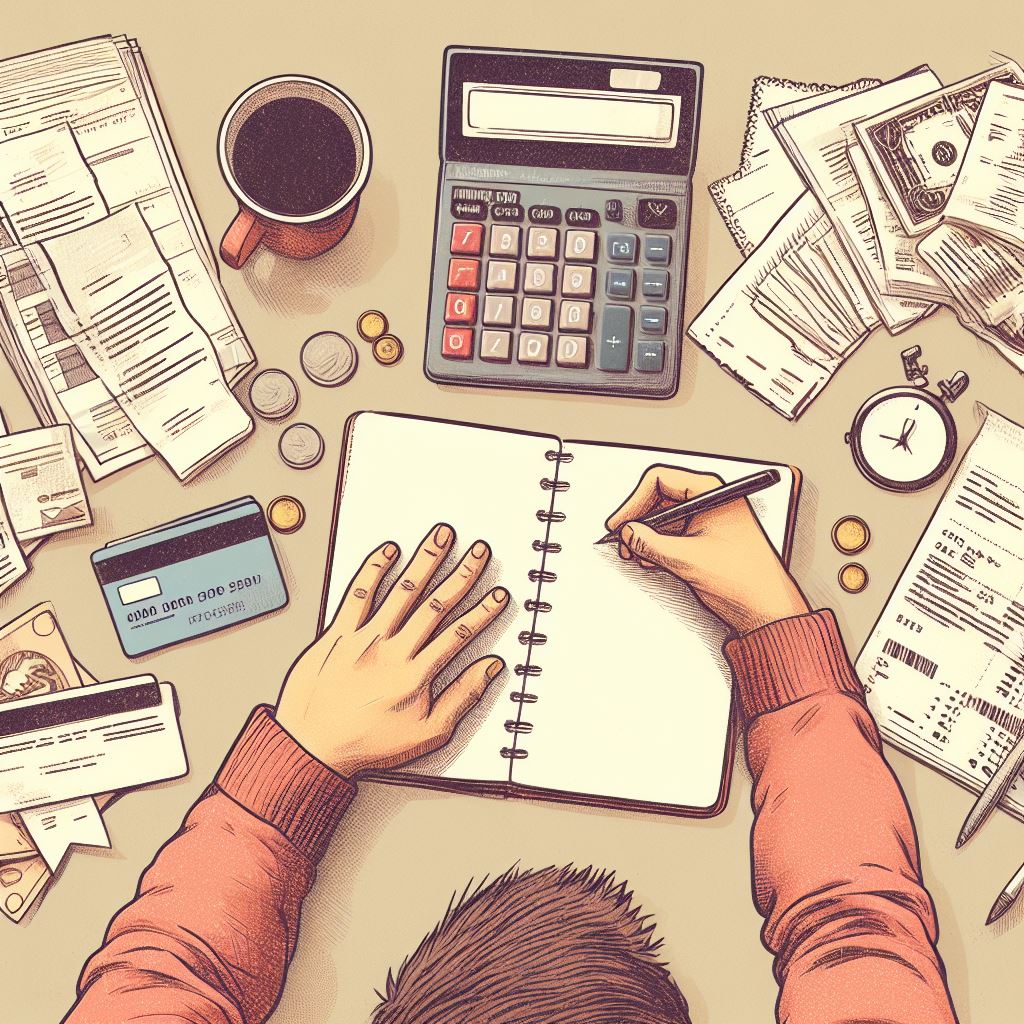
In today’s fast-paced world, it’s easy to get caught up in the excitement of making a purchase without fully considering the impact it has on our personal finances. Whether you are a student, a working person, a housewife, or self-employed, it is important to analyze your financial situation before pressing the checkout button. By taking the time to evaluate your income, expenses, and financial goals, you can make informed decisions that will positively impact your financial well-being. In this blog post, we’ll discuss the importance of analyzing personal finances before spending and provide practical tips to help you do so effectively.
Table of Contents
Understanding your income and expenses
Before making any financial decision, it is essential to have a clear understanding of your income and expenses. Start by listing all of your sources of income, including your salary, freelance work, or any other form of revenue. Next, determine your fixed expenses, such as rent, utilities, and loan payments. These are expenses that remain relatively constant each month.
Once you’ve identified your fixed expenses, consider your variable expenses, which fluctuate from month to month. Variable expenses typically include groceries, entertainment, eating out, and transportation costs. Remember to keep track of any irregular expenses, such as car maintenance or annual subscriptions, so you have a realistic view of your financial obligations.
Analyzing your income and expenses can help you identify any gaps or imbalances. If your expenses exceed your income, it is essential to find ways to cut back and save more. On the other hand, if your income exceeds your expenses, you have the opportunity to invest or put that money towards other financial goals.
Budgeting
Now that you have a clear understanding of your income and expenses, it’s time to create a budget. A budget is a financial roadmap that helps you allocate your income to different expense categories. By creating a budget, you gain control over your finances and ensure that your spending is in line with your goals and priorities.
Start by setting your financial goals. Do you want to pay off debt, save for a down payment, or invest for retirement? Once you’ve identified your goals, allocate a portion of your income to each category. Before allocating money to discretionary expenses like eating out or shopping, it’s important to prioritize essential expenses like rent, utilities, and debt payments.
Be realistic and flexible when creating your budget. Don’t strive for perfection from day one. Give yourself some wiggle room for unexpected expenses or changes in your financial situation. Keep track of your expenses regularly and adjust your budget as needed.
Avoiding impulse purchases
The most important benefit of analyzing personal finances before spending is that it helps you avoid impulse purchases. We’ve all been caught up in the allure of a shiny new gadget or essential item, only to later regret the purchase. By taking the time to analyze your finances, you can better evaluate whether you can afford a particular purchase or whether it is worth the cost.
Before making an important purchase, ask yourself a few questions. Can I afford it without compromising my financial goals? Is this item a want or need? Can I find a more affordable option? Taking a step back and critically evaluating your purchasing decisions can help you avoid falling into the trap of impulse buying.
Saving for the future
Another important aspect of analyzing personal finances is planning for the future. Although it’s tempting to spend all your hard-earned money immediately, it’s important to set aside a portion for savings for long-term financial stability. Whether you’re saving for emergencies, a down payment on a house, or retirement, considering your personal finances before you spend can help you allocate the amount of money you need toward your savings goals.
Look for ways to automate your savings, such as setting up an automatic transfer from your checking account to a savings account each month. Additionally, explore different investment options that suit your risk tolerance and long-term goals. By starting early and staying consistent, you can take advantage of compound interest and watch your savings grow over time.
Seeking professional advice
If you find yourself overwhelmed or unsure how to effectively analyze your personal finances, don’t hesitate to seek professional advice. Financial advisors and planners can provide valuable insight and help you create a personalized financial plan based on your specific circumstances and goals.
When choosing a financial professional, do your research and make sure they have the necessary qualifications and experience. Look for unbiased individuals who charge only fees or who have a fiduciary duty to act in your best interests. The guidance of a financial expert can provide you peace of mind and put you on the right path towards achieving your financial goals.
conclusion
Analyzing personal finances before spending is an important practice for individuals of all backgrounds and circumstances. Understanding your income and expenses, creating a budget, avoiding impulse purchases, saving for the future, and seeking professional advice are essential steps to achieving financial well-being. By taking the time to evaluate your financial situation, you can make informed decisions that align with your goals and prioritize your long-term financial stability. So, the next time you feel like making a purchase, stop and analyze your personal finances. Your future self will thank you.
Read This Inspiring Story!
Are you ready to be inspired? Check out this incredible story of how one person turned their financial situation around and achieved their goals. It’s a story of determination, perseverance, and the power of analyzing personal finances before spending. Don’t miss out on this uplifting tale that might just change your perspective on managing your own finances. Read the full story here.
